Overview of the “2024 Tax Law Service Business Exchange Conference”

In order to deeply implement the spirit of the 20th CPC National Congress and the decision of the 3rd Plenary Session of the 20th CPC Central Committee, deepen the new round of reform of the fiscal and taxation system, comprehensively implement the principle of tax law, promote the construction of the rule of law of taxation with high quality, analyze and discuss the new dynamics of the current tax-related services and new business, and lead the development of the industry of China's tax-related services, business innovation and strategic cooperation, on December 8th, 2024, the Fiscal and Taxation Law Committee of the All China Lawyers' Association (ACLA), China University of Political Science and Law, and Hwuason Law Firm provided full support for the “2024 Tax Law Service Business Exchange Conference”, which was held in Beijing Jingyi Hotel. With the theme of “Chinese Modernization and Upgrading of Tax-Related Services”, this year's conference received more than 700 registrations from representatives of law firms, tax firms, accounting firms, tax authorities, judicial authorities, enterprises, universities and other circles from all over the country, and due to the limitation of venues, it was determined that more than 350 participants would attend the conference and participate in the exchanges and seminars after the strict examination of the organizing committee. Due to the limitation of space, after strict examination by the organizing committee, more than 350 people will attend the conference and participate in the exchange and discussion.
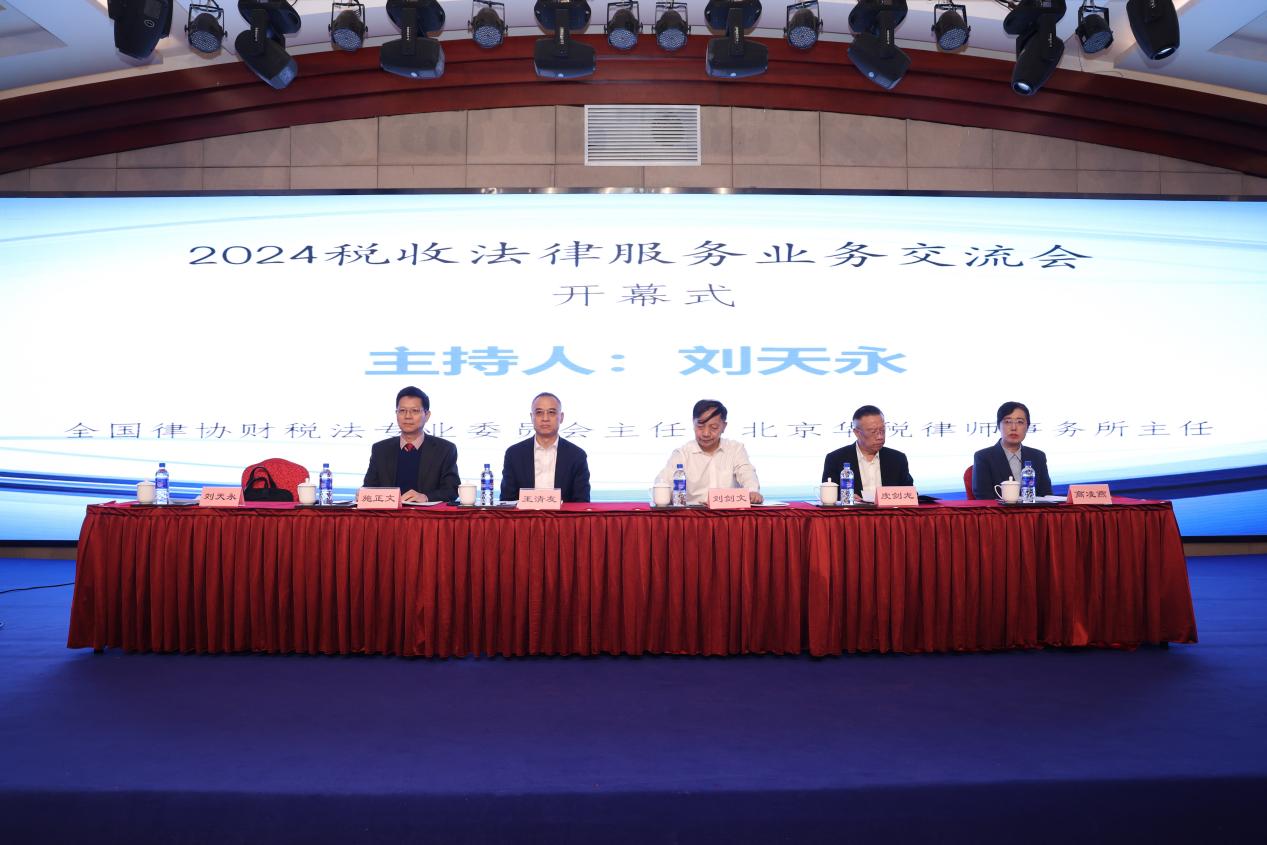
Opening Session
At 8:30 a.m. on December 8, the opening ceremony of the forum kicked off on time. Wang Qingyou, vice president of the All-China Lawyers Association, Liu Jianwen, president of the Research Society of Finance and Taxation Law of the China Law Society and professor of Peking University, and Shi Zhengwen, director of the Research Center of Finance and Taxation Law of the China University of Political Science and Law, attended the opening ceremony and delivered speeches one after another. Liu Tianyong, director of the National Lawyers Association Fiscal Law Committee and director of Hwuason Law Firm, presided over the opening ceremony.
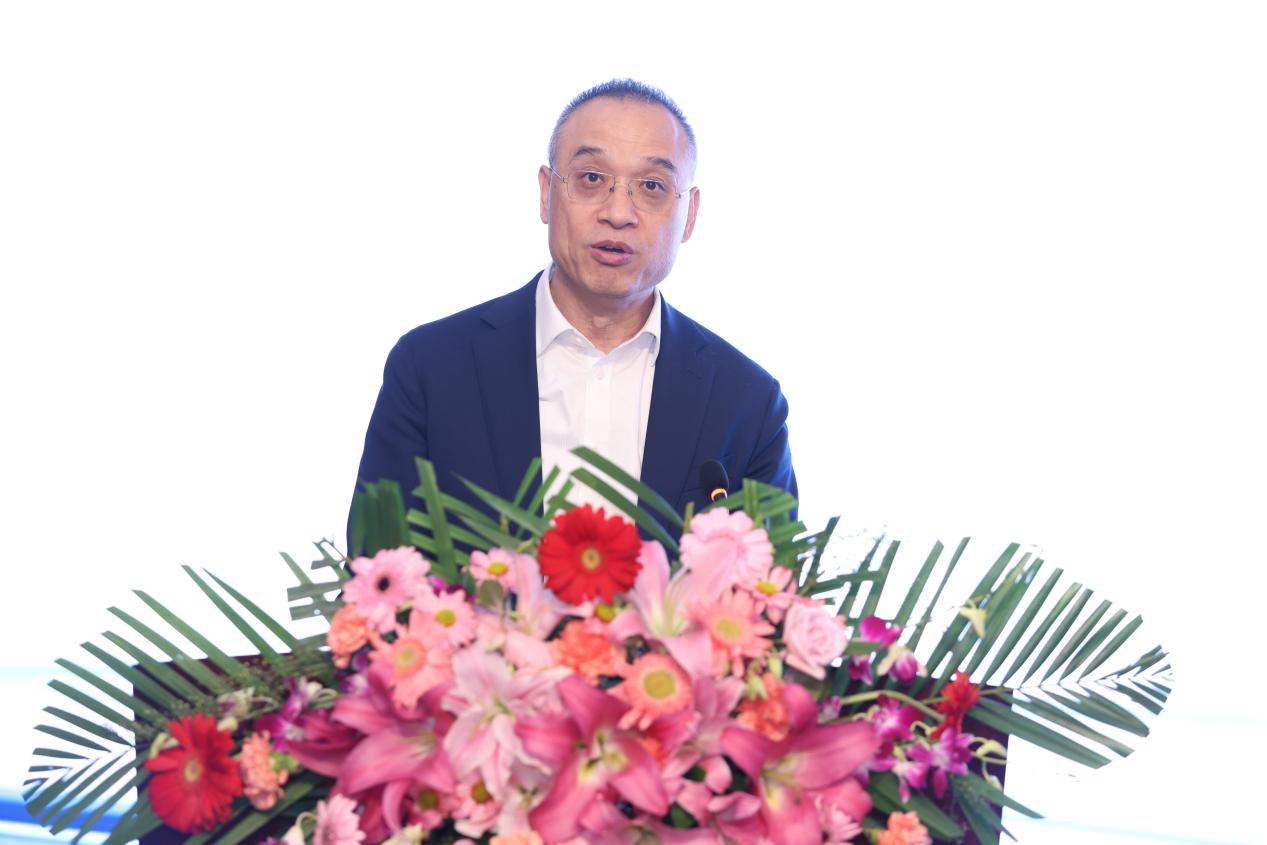
Speech of Vice President Wang Qingyou
Vice President Wang Qingyou mentioned in his speech that tax lawyers, as professionals proficient in tax-related laws and financial knowledge, with the professional ability to solve complex tax issues, should actively participate in the historical process of modernization of the national governance system and governance capacity to modernize the country, and provide rule of law safeguards for the modernization of the country's tax governance and the high-quality development of the economy and society. On behalf of the All-China Lawyers Association, Wang Qingyou, vice president of the tax lawyers, put forward three suggestions for the future development of the tax lawyers industry: firstly, we should serve the construction of the rule of law, actively participate in the tax legislation process, and continue to promote the full implementation of the principle of tax law through the practice of individual cases; secondly, we should serve the construction of the rule of law government, and the tax lawyers should continue to strengthen the analysis and research on the business of the tax administrative reconsideration and administrative litigation, and actively Secondly, to serve the construction of rule of law government, tax lawyers should continue to strengthen the analysis and research of tax administrative reconsideration and administrative litigation, and actively play the role of tax lawyers in resolving administrative disputes and promoting the construction of the rule of law government; thirdly, to serve the construction of rule of law society, and actively participate in the judicial process of tax-related disputes, and promote the enhancement of the degree of judicial specialization of taxation while safeguarding the legitimate interests of taxpayers.
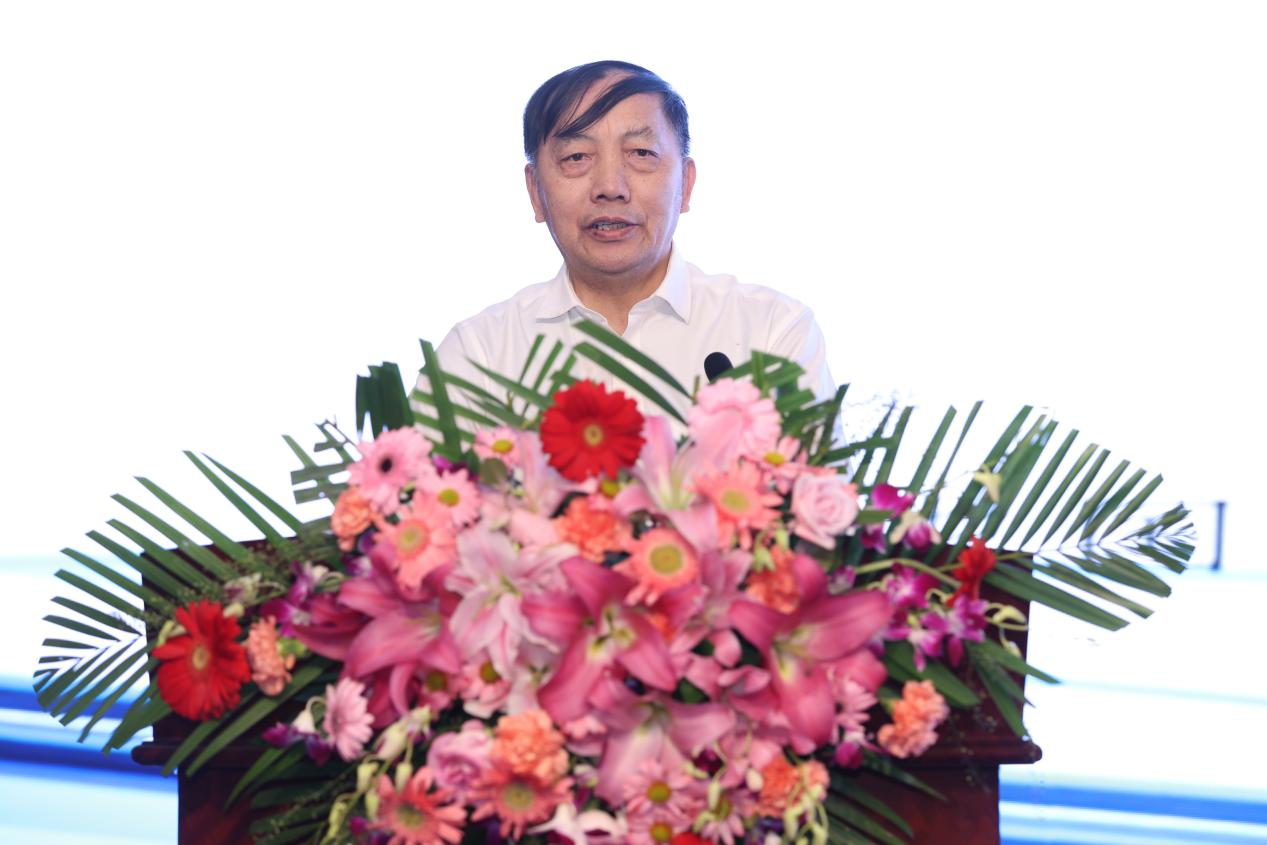
Speech by Prof. Liu Jianwen
President Liu Jianwen said in his speech that the Third Plenary Session of the 20th Central Committee of the Communist Party of China (CPC) put forward the establishment of a tax system conducive to high-quality development, social fairness and market unification, which in fact is also a requirement for tax-related legal services. President Liu pointed out from the level of tax legislation and judiciary that, against the background of fully implementing the principle of tax law, tax-related legal services are facing a broad market demand, such as in the field of legislation, the third trial of VAT law is approaching, the revision of levy management law is advancing in an orderly manner, and it is worth looking forward to the revision of whether and how to revise the pre-position of tax payment in administrative reconsideration; in the field of judiciary, the establishment of tax tribunals and collegial chambers in many places further promotes the professionalism and fairness of tax justice, and so on. In the judicial field, the establishment of tax courts and collegial courts in many places has further promoted the professionalism and impartiality of tax justice, etc. These new trends have brought new opportunities and challenges to the development of tax lawyers. Liu Jianwen, president of Hwuason Law Firm, said that the Taxation Legal Service Business Exchange Conference is an event of the tax law community, and has become an important exchange platform for tax lawyers, tax practitioners, scholars and other tax practitioners for many years under the organization and call of Mr. Liu Tianyong, director of the Hwuason Law Firm, and hoped that the participants would take the opportunity of this conference to discuss the topic of “Chinese Modernization and Upgrading of Tax Service” and promote the development of tax lawyers and tax lawyers. It is hoped that the participants will take the opportunity of this exchange meeting to discuss the topic of “Chinese modernization and upgrading of tax-related services” and promote the rule of law and high-quality development of tax-related business.
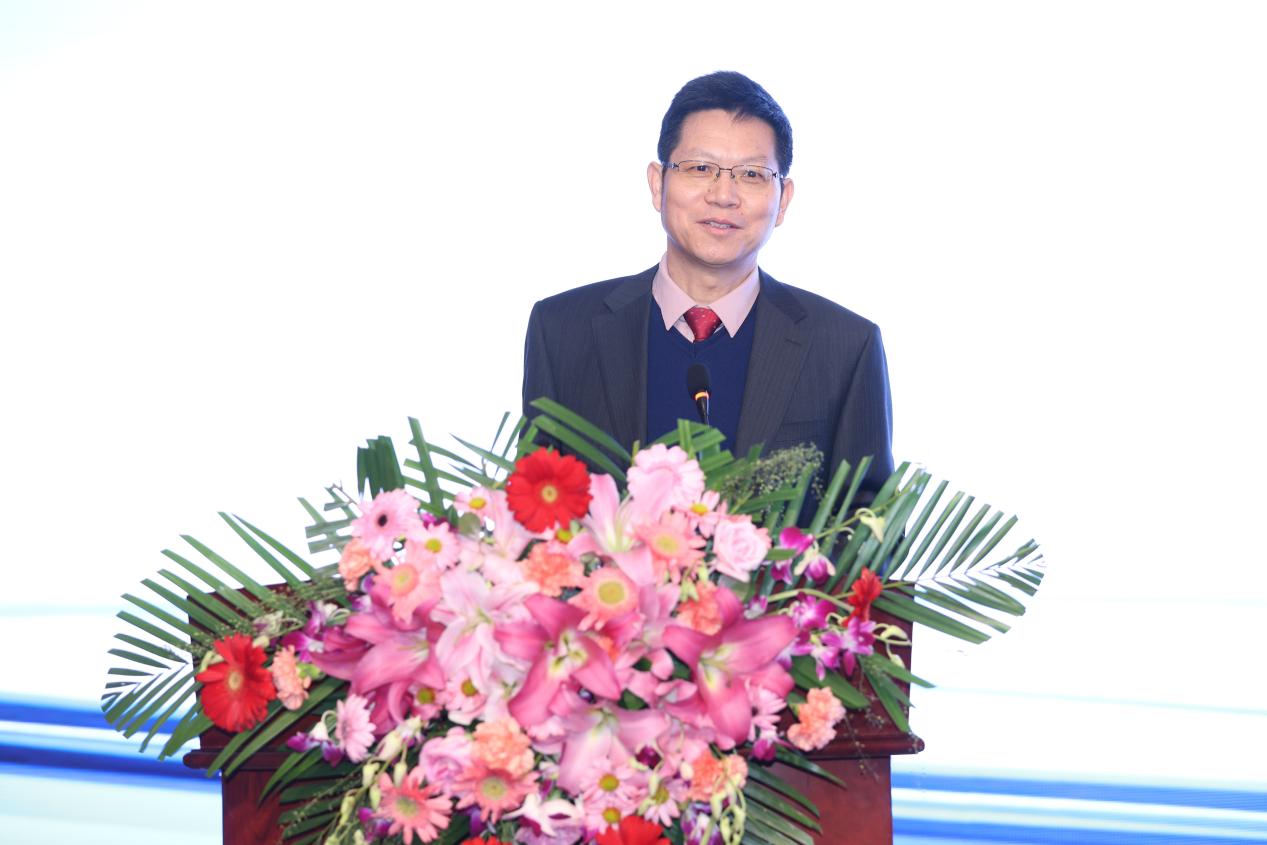
Speech by Prof. Shi Zhengwen
Professor Shi Zhengwen pointed out in his speech that in the new journey of comprehensively building Chinese-style modernization, tax reforms continue to deepen, such as consumption tax, property tax, green tax and other reforms are steadily carried out, and these reforms imply the emergence of new business and new demands. On the other hand, Prof. Shi pointed out that the full implementation of tax legislation is an all-round reform in the construction of the rule of law in taxation, and it is necessary to promote the leading role of the National People's Congress (NPC) in tax legislation, to strengthen the system of constitutionality review and filing review, and to improve the quality of tax legislation; it is also necessary to explore the establishment of a tax tribunal and to promote the specialization of the judicial system in taxation. He called on the majority of tax lawyers to shoulder the historical mission, safeguard the legitimate rights and interests of taxpayers, defend the fairness and justice of the law, and inject more confidence and expectations for market players. He pointed out that tax lawyers should look farther ahead, improve their business ability and strengthen cooperation and exchange in order to meet the challenges and seize the opportunities. Prof. Shi finally said that this exchange meeting is the most authoritative and extensive exchange platform, and he hoped that the speeches of experts and big names can bring the latest information and ideas to the participants, and talk about the new direction of tax-related legal services.
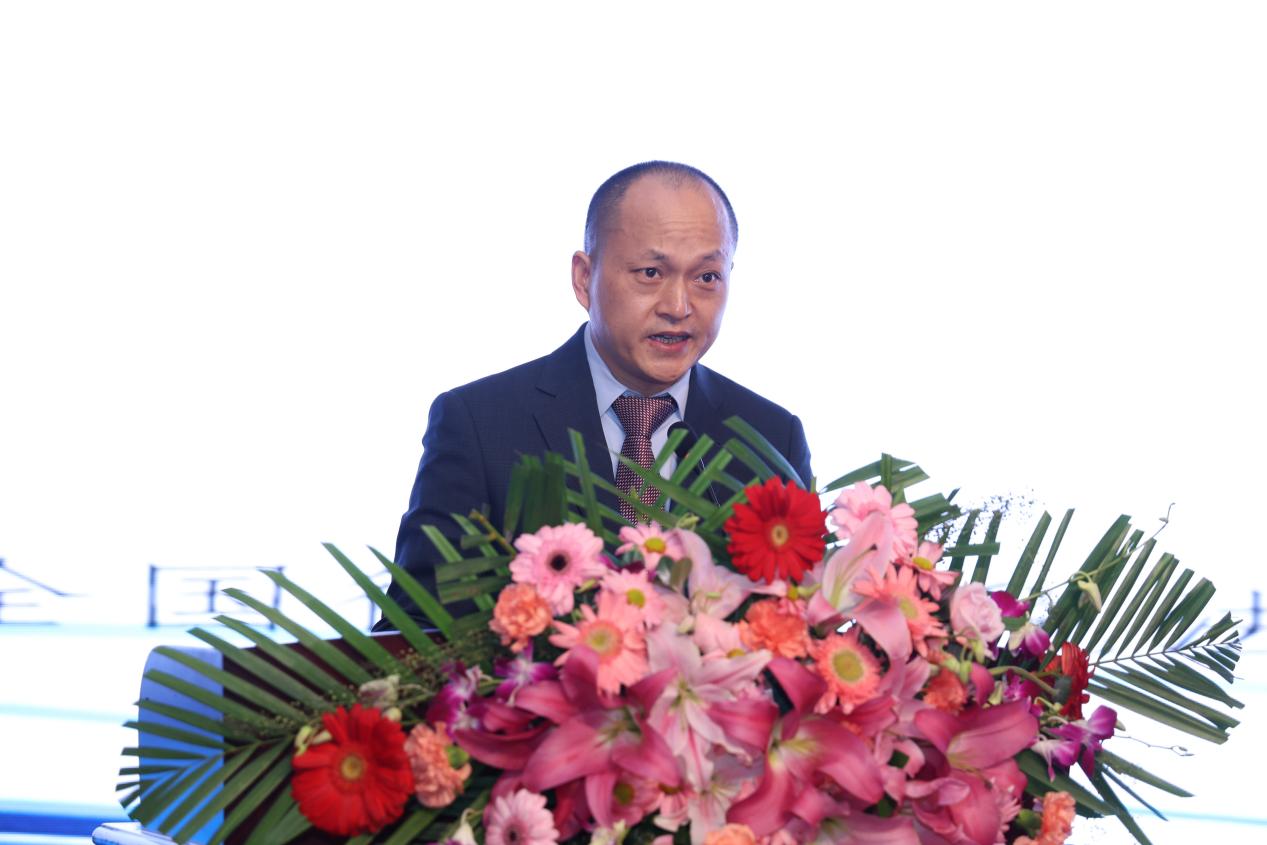
Chaired by Director Liu Tianyong
After the opening ceremony, the conference entered into the keynote speech session. This year's conference has five themes, namely: deepening the reform of the fiscal and taxation system and fully implementing the principle of tax law, upgrading tax-related services, judicial interpretations of the two high courts and settlement of tax-related disputes, new rules of international taxation and tax management of investment and financing, and seminar on innovation and upgrading of China's tax law services.
Theme 1 was “Deepening the Reform of Fiscal and Tax System and Fully Implementing the Principle of Taxation Law”, which was presided over by Lu Yi, Deputy Director of the Fiscal and Tax Law Committee of the All-China Lawyers' Association. Li Wanfu, Vice-President of China Taxation Society, Shi Zhengwen, Director of the Research Center of Fiscal and Taxation Law of the China University of Political Science and Law, and Ye Shanshan, Director of the Research Center of Fiscal and Taxation Law of the Peking University, delivered keynote speeches one after another. Mr. Weng Wuyao, Director of the Institute of Taxation and Finance Law of China University of Political Science and Law, served as the reviewer.
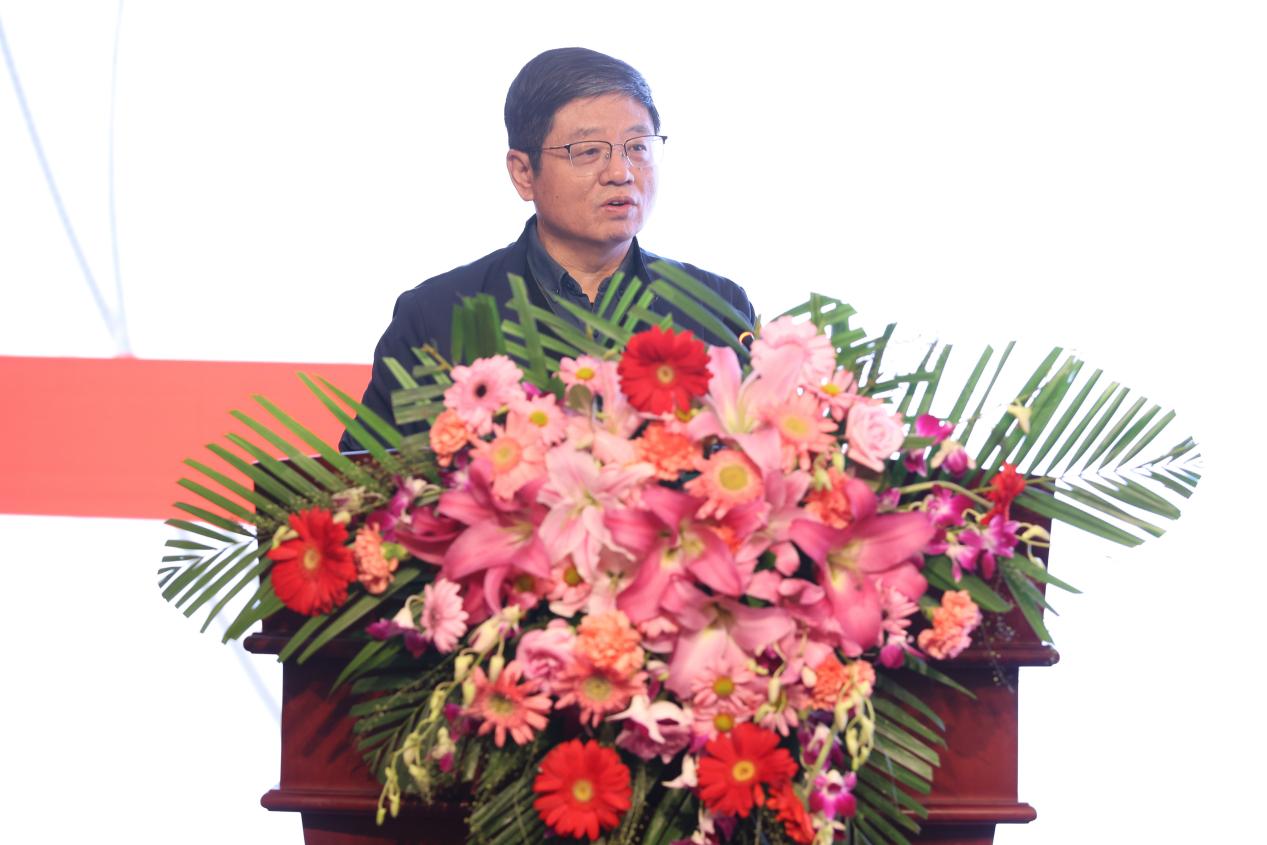
Speech by Mr. Li Wanfu
Vice President Li Wanfu's speech was titled “Revision of the Tax Collection and Administration Law Based on Conceptual Innovation”, in which he took the concept of “equal legal status of both parties” as the starting point to explain how to implement the concept in the revision process of the Tax Collection and Administration Law. He pointed out that the revision of the Tax Collection and Administration Law is imperative. The development of new business requires the response of tax collection and management, the optimization and updating of tax collection and management methods and means is promoted by the tax management by numbers, and the revision of relevant laws and regulations in the criminal and administrative fields makes the Tax Collection and Management Law conflicting and mismatched, etc. All these new trends require the Tax Collection and Management Law to be revised and adjusted accordingly. Then, how to better implement the concept of “equal legal status of both parties” in the revision? Mr. Li Wanfu, vice president, pointed out that it is necessary to clarify the rights and obligations of both the tax collectors and taxpayers and the power boundary of the tax authorities; secondly, the concept of “equal legal status of both the tax collectors and taxpayers” should be effectively embodied in the process of tax legislation, judiciary, and law enforcement; thirdly, it is necessary to vigorously push forward the construction of the tax credit mechanism, and to build a tax credit mechanism with clear rewards and punishments, in order to improve taxpayers' tax compliance. Thirdly, we should vigorously promote the construction of tax credit mechanism and build a tax credit mechanism with clear rewards and penalties, so as to enhance the tax governance capacity while improving tax compliance. Mr. Li Wanfu, Vice Chairman of the Board of Directors, explained the basic concepts of the legislation and revision of the Tax Collection and Administration Law, which will help the participants to better understand and grasp the application of the law in tax-related legal services.
Prof. Shi Zhengwen's speech was entitled “Analysis of Hot Issues in the Revision of the Tax Collection and Administration Law”, in which he started from the background and process of the revision of the Tax Collection and Administration Law, and analyzed the hot issues in the revision of the Tax Collection and Administration Law from the perspective of practical problems and legislative proposals. Taking the comparison between the current Tax Collection and Administration Law and the Tax Collection and Administration Law (Draft Revision) as a perspective, Prof. Shi proposed to establish a tax collection and administration system for digital economy, improve the tax collection and administration system for natural persons, improve the system for providing tax-related information, establish a tax assessment system, improve the limitation system for the exercise of taxing power, improve the tax collection system, improve the tax inspection system, improve the tax liability system, and improve the tax relief system, and so on. The tax relief system has been improved. On the point of “perfecting the tax legal liability system”, he emphasized that Articles 97 and 99 of the Revised Draft Tax Collection and Administration Law provided for “tax evasion” and “tax evasion” respectively, of which Articles 97 and 99 provided for “tax evasion” and “tax evasion” respectively. “Article 99 of the Revised Draft Tax Collection and Administration Law specifies the legal liability for underpayment of tax caused by “negligence” without subjective intent, which is an improvement of the existing Tax Collection and Administration Law, and the relevant legislative trend deserves further attention.

Lecture by Prof. Ye Shan
Prof. Ye Shan's speech was titled “Reflections on the Third Review of the Draft VAT Law”, in which she pointed out that the Third Plenary Session of the 20th Central Committee pointed out that it is necessary to “establish a central-local financial relationship with clear powers and responsibilities, coordinated financial resources, and regionally balanced”, “improve a tax system conducive to high-quality development, social fairness, and market unity, and optimize the tax structure”. and optimize the structure of the tax system”, and at the level of value-added tax, it is necessary to improve the policy of tax rebate and the chain of deduction, and optimize the proportion of shared tax sharing. Prof. Ye pointed out that the legislative planning of VAT by the NPC Standing Committee over the years and the legislative plans in recent years have fully demonstrated the complexity of VAT legislation, and she cited whether the financial industry enters into the credit chain and other VAT difficulties for analysis. Prof. Ye focused on the legal positioning of the tax credit system, and she discussed the design and consideration suggestions of the tax credit system in terms of the principle of VAT deduction, the separation of taxpayers and tax-negative persons, and the mechanism of collection and management. Prof. Ye's sharing enabled the participants to have a deeper understanding of the principles of VAT taxation and strengthened the theoretical foundation for future tax-related business.
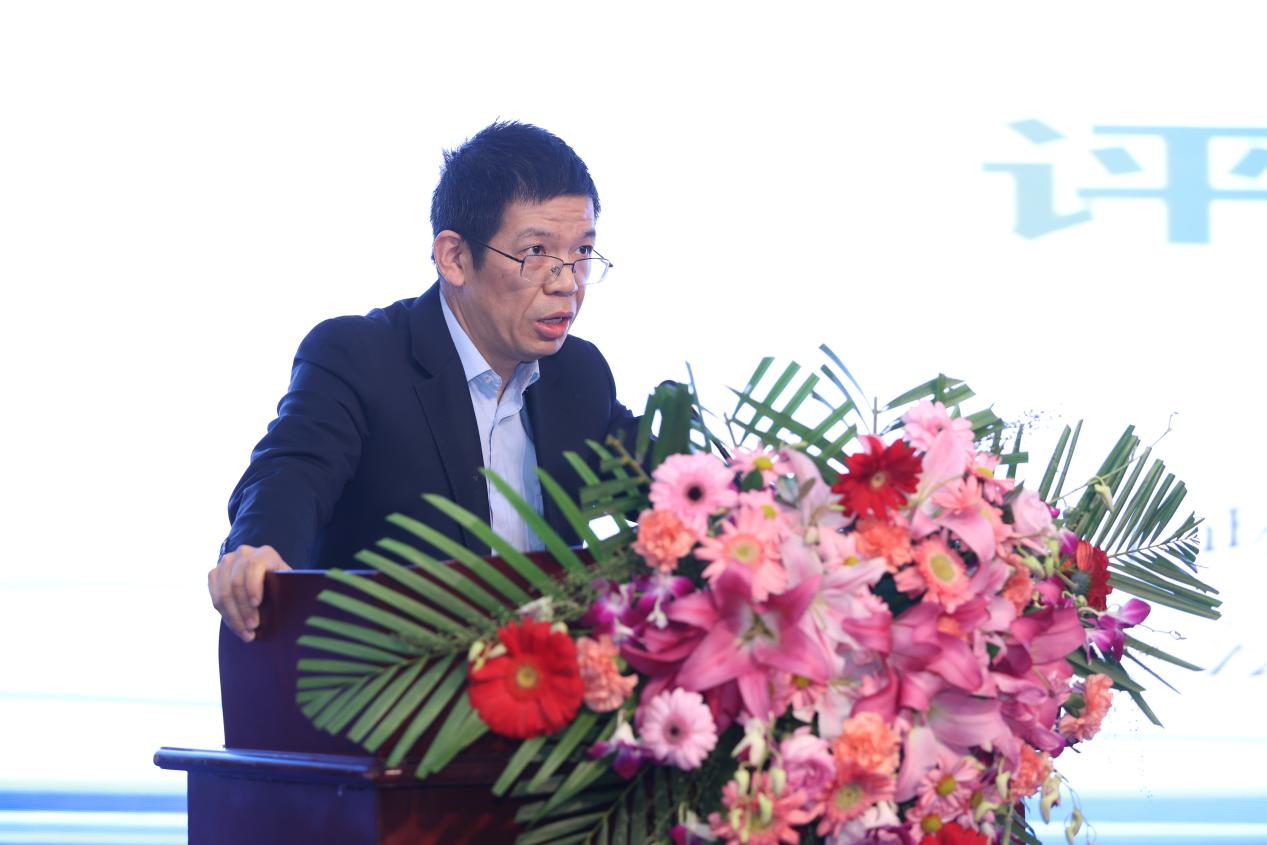
Commentary by Prof. Weng Wuyao
After the keynote speeches, Prof. Weng Wuyao, Director of the Institute of Taxation and Finance Law of China University of Political Science and Law, made a wonderful comment.
Theme 2 was “Tax Rule by Numbers and Upgrading Tax-Related Services”, which was presided over by Mr. Wang Zhaohui, Deputy Director and Secretary General of Finance and Taxation Law Committee of the All-China Lawyers' Association, Prof. Zhu Changsheng of Taxation Cadre College of the State Administration of Taxation, Mr. Zhang Qian, Partner of Hwuason Law Firm, and Mr. Dai Wei, Partner of Zhongwen Law Firm of Beijing, delivered keynote speeches. Mr. Zhu Daqi, Vice President of the Research Society of Finance and Taxation Law, and Mr. Zhou Xuzhong, Secretary General of the Research Society of Finance and Taxation Law of the China Law Society, were the judges.
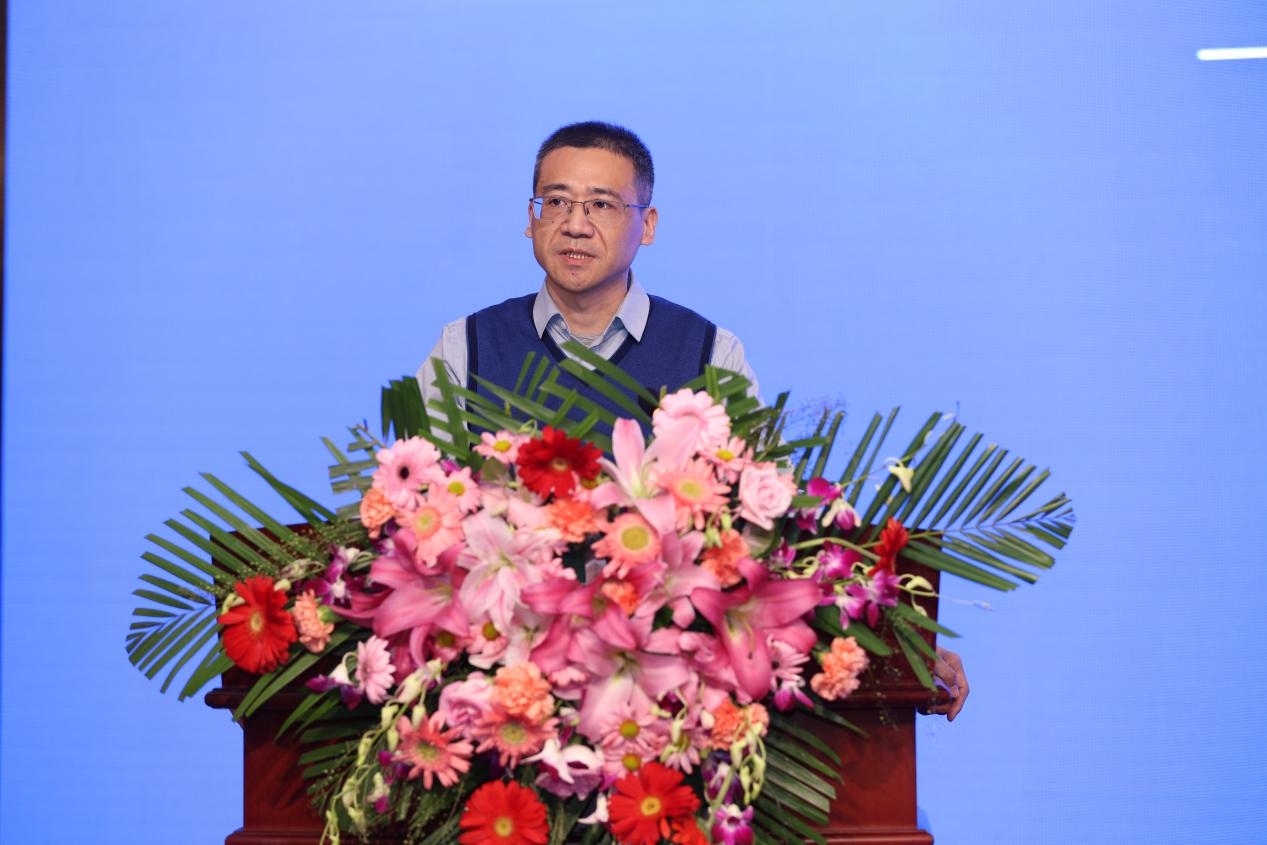
Speech by Prof. Zhu Changsheng
Prof. Zhu Changsheng's speech was titled “New Trend of Tax Supervision and Dynamic of Tax Inspection from 2024”. He opened his speech with a vivid video about the common problem of personal consumption without invoices in daily life, and used it as a starting point to talk about the fundamental, pillar and safeguard roles of tax in national governance. Based on the Opinions on Further Deepening the Reform of Tax Collection and Administration, and combined with the spirit of the Third Plenary Session of the Twentieth Central Committee, Prof. Zhu elaborated on the four “new” aspects of tax inspection: First, the new trend, from the “Regulations on the Work of Tax Inspection” (SAT [2009] No. 157) to the “Provisions on the Procedures for Handling Tax Inspection Cases” (SAT Decree No. 52), which were revised in the provisions of the “Provisions on the Procedures for Handling Tax Inspection Cases”. Decree No. 52) shows a new trend of “internal and external differences”; secondly, “new methods”, drawing on the experience of international taxation on transfer pricing collection and management, and “searching for a clue according to the map” from the different functions of enterprises. The second is “new method”, which draws on international tax experience on transfer pricing, and refines different inspection methods from different functions of enterprises; the third is new thinking, which realizes the “all-taxes” inspection according to specific matters; the fourth is “starting from small”; and focuses on stamp duty. Fourth, “start small”, focusing on small taxes such as stamp duty, property tax and urban land use tax.
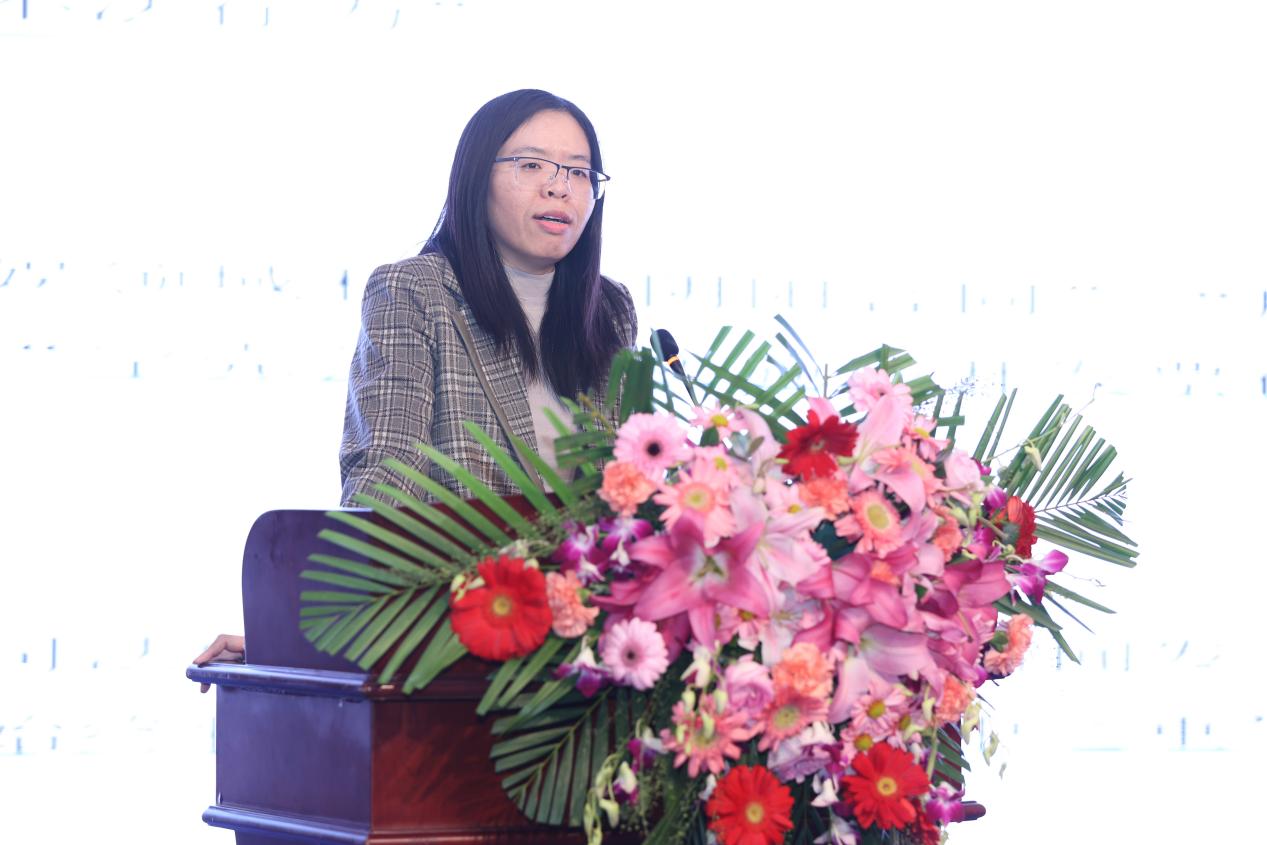
Speech by Ms. Zhang Qian
Ms. Zhang Qian's speech was titled “Tax-related Hot Practices in Foreign Trade, Pharmaceuticals and Other Key Industries”. She firstly introduced the tax administration situation in the key areas of pharmaceuticals, recreation and entertainment, foreign trade, renewable resources and bulk commodities, and then focused on the tax-related hot practices in foreign trade and pharmaceuticals industry. In the field of foreign trade, Ms. Zhang focused on three hot issues, namely, “Multi-departmental joint crackdown on tax fraud, diversified case clues”, “Updated means of tax fraud, high-tech and agricultural products cases”, and “Keeping pace with the times, the two high court judicial interpretations revised the crime of tax fraud”, and elaborated on three hot issues, namely, “Tax Fraud”, “Tax Fraud”, and “Tax Fraud”. “The three hotspots, elaborating on the tax-related hotspots in the foreign trade industry. In the pharmaceutical field, Mr. Zhang analyzed the complexity of tax-related cases based on the special work of multi-departmental centralized rectification of corruption and correction of unethical practices in the field of pharmaceutical purchasing and marketing and in medical services in the pharmaceutical industry in recent years, and briefly analyzed the space of tax law services therein for the attendees in light of the different tax-related risks of pharmaceutical enterprises, distribution enterprises, and pharmaceutical representatives.
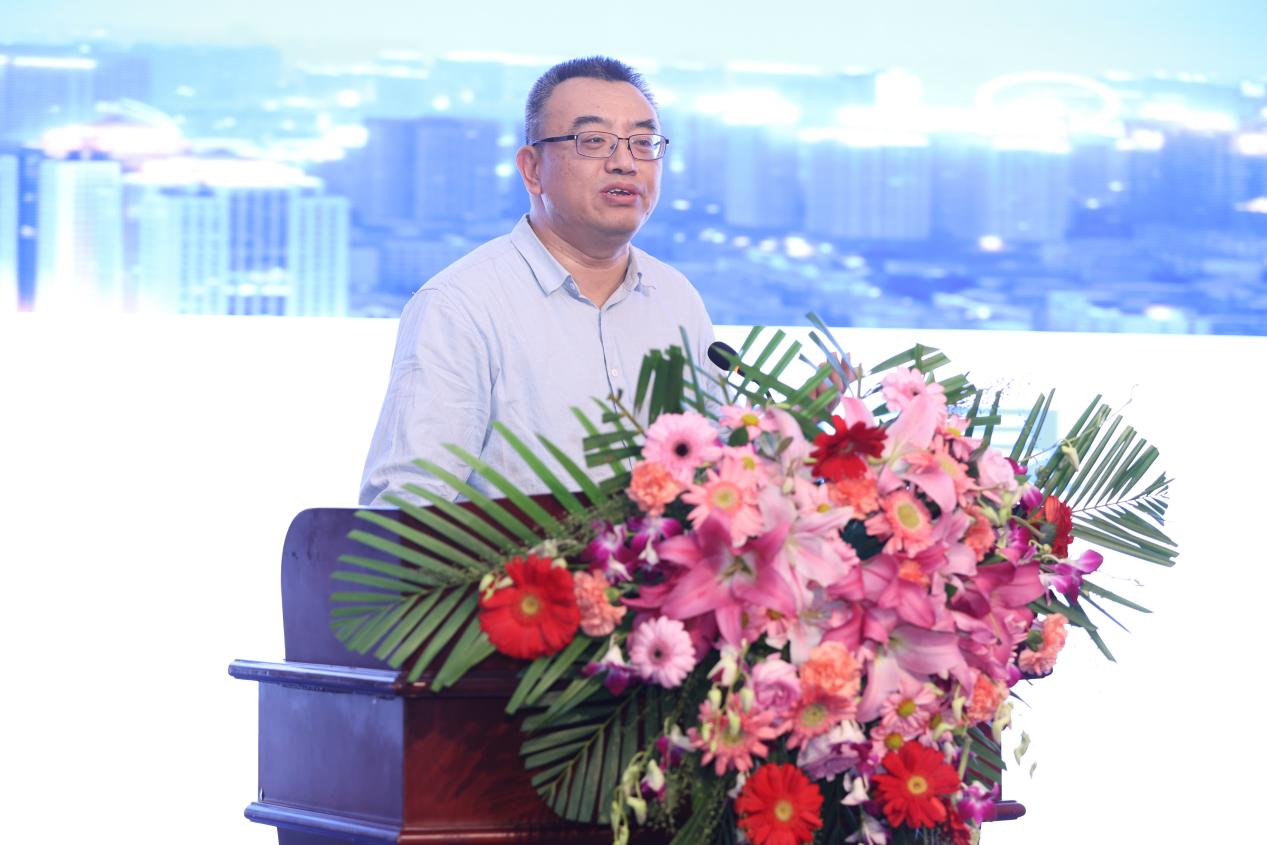
Speech by Dai Wei
The topic of Mr. Dai Wei's speech is “Enterprise Data Entry and Tax Planning”, Mr. Dai firstly introduced the governance of China's digital economy and the legal system of digital economy, he said that in the era of digital economy, data assets entry will bring incremental dividends to specific industries and enterprises, and the enterprises should actively explore the mode of application of data assets and practical experience, so as to inject a new impetus for the sustainable development of digital economy. Secondly, he further introduced the path of digital asset rights and compliance. Finally, Mr. Dai analyzed the tax planning issues of data assets in table with cases, one is the amortization of enterprise income tax, and the other is the transfer of data assets for VAT, which involves the analysis of the application of the policy of instant tax refund for software products. The latest practical experience shared by Mr. Dai on enterprise data entry will provide practical reference for participants to develop related services.
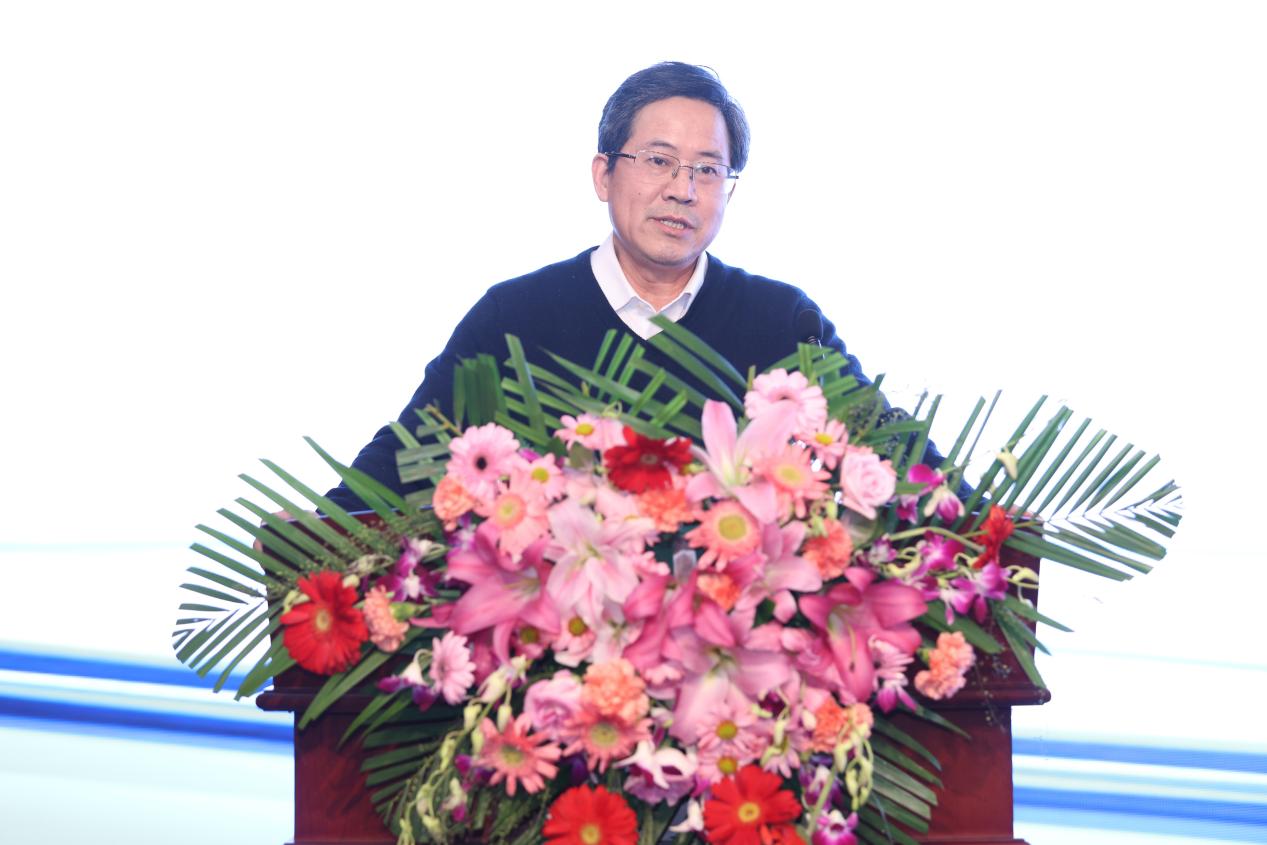
Comments by Vice-President Zhu Daqi
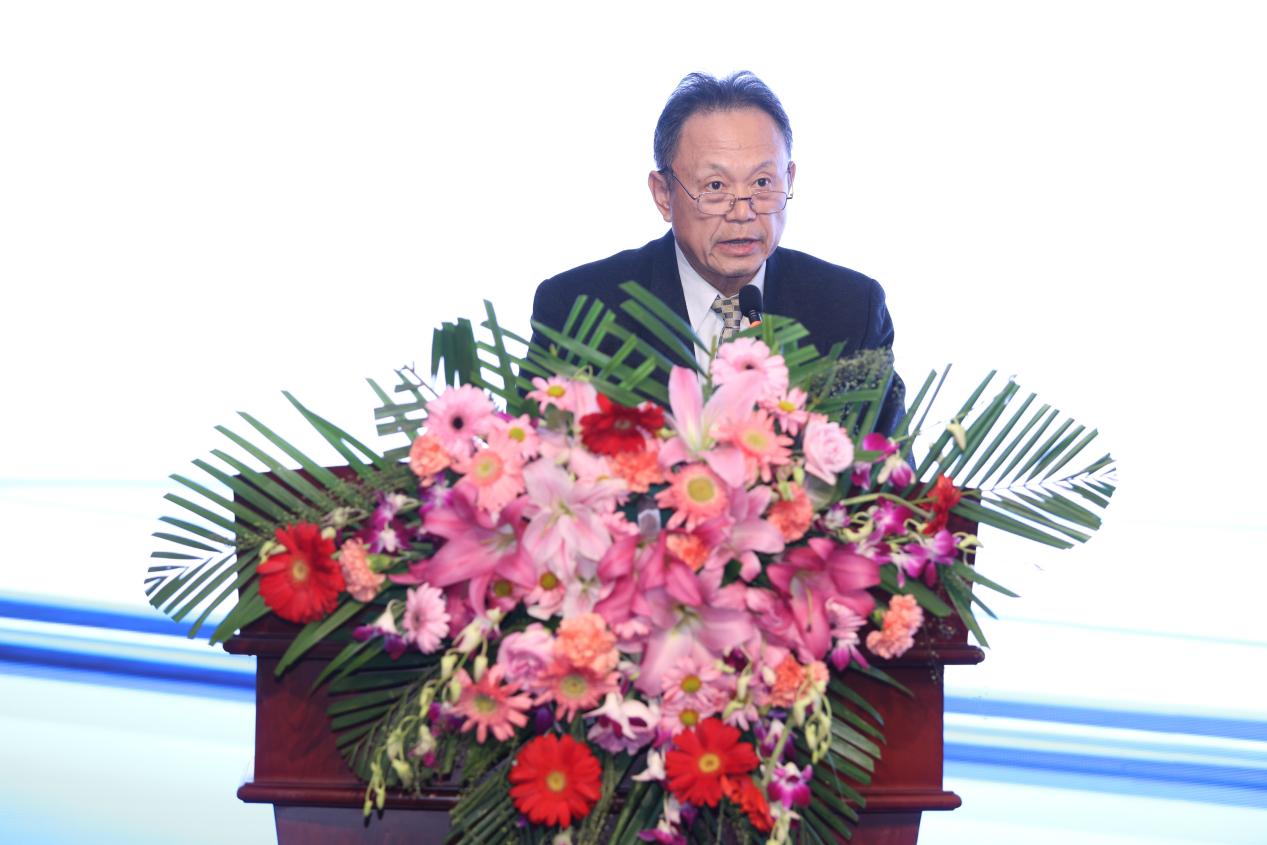
Commentary by Zhou Xuzhong, Secretary General
After the keynote speeches, Mr. Zhu Dazhi, Vice President of the Research Society of Finance and Taxation Law of the China Law Society, and Mr. Zhou Xuzhong, Secretary General of the Research Society of Finance and Taxation Law of the China Law Society, made wonderful comments.
The Supreme People's Court of P.R.C. (SPC) and The Supreme People's Procurator (SPP) Tingting Zhao, Tax Partner of Hwuason Law Firm, Director of The Supreme People's Court of P.R.C. (SPC) and The Supreme People's Procurator (SPP), presided over the conference. The keynote speech was delivered by Mr. Chen Shuangzhuan, Director of Editorial Department of Taxation Research, who acted as the commentator.
The Supreme People's Court of P.R.C. (SPC) and The Supreme People's Court of Procuratorate (SPP) delivered a speech titled “Interpretation of the Key and Difficult Provisions of the Judicial Interpretations of The Supreme People's Court of P.R.C. (SPC) and The Supreme People's Court of P.R.C. (SPC)”, in which he firstly summarized the background of the enactment of the judicial interpretations of the tax-related judicial interpretations of The Supreme People's Court of P.R.C. (SPC) and shared the controversial issues in the process of the enactment for the attendees. Secondly, he further elaborated the considerations for the formulation of The Supreme People's Court of P.R.C. (SPC) and The Supreme People's Procuratorate (SPP), such as the distinction between administrative violations and criminal offenses, and the principle of subjective-objective consistency. Finally, based on the widely disputed provisions on false opening in practice, he shared his insights on the issues of purpose versus behavioral crime and the relationship between false opening and false offsetting of input tax amount. His sharing will provide useful reference for the attorneys to understand the tax-related judicial interpretations of The Supreme People's Court of P.R.C. (SPC) and The Supreme People's Procuratorate (SPP).
The Supreme People's Court of P.R.C. (SPC) and The Supreme People's Procuratorate (SPP), Director Liu Tianyong's speech was titled “Upgrading Criminal Defense Strategies for Tax Evasion, False Invoicing, and Tax Fraud Cases”, focusing on the revisions of the provisions of the two Supreme People's Court of P.R.C. (SPC) and The Supreme People's Procuratorate (SPP) in respect of the tax crimes, and analyzing the newest defense strategies for the tax evasion, the false issuance of special invoices of value-added tax, and the fraudulent export rebate crimes from the perspective of the case studies. In terms of tax evasion, based on the revision of the provision of “conditional non-accountability for criminal responsibility”, he shared his views on “no crime without administrative preliminaries”, “no crime if administrative preliminaries are not legal”, and “no crime in legal preliminaries”. “ and “not guilty in the legal remedy procedure” and other defense ideas. In respect of the crime of fraudulent issuance of VAT special invoices, Director Liu proposed the defense idea of not guilty from the aspects of subjectively not having the purpose of fraudulently offsetting the tax and not causing the result of fraudulent loss of tax, based on the revision of the incriminating provisions of the two Supreme People's Court of P.R.C. (SPC) and The Supreme People's Procuratorate (SPP) by the judicial interpretation of tax-related judicial interpretations, and combined with the cases. As for the crime of fraudulent export tax rebate, Director Liu analyzed the impact of the revised provisions and the latest defense strategy. From the perspective of combining theory and practice, Mr. Liu proposed many new defense contents and directions based on his understanding of The Supreme People's Court of P.R.C. (SPC) and The Supreme People's Procuratorate (SPP), which provided useful references for tax-related criminal defense.
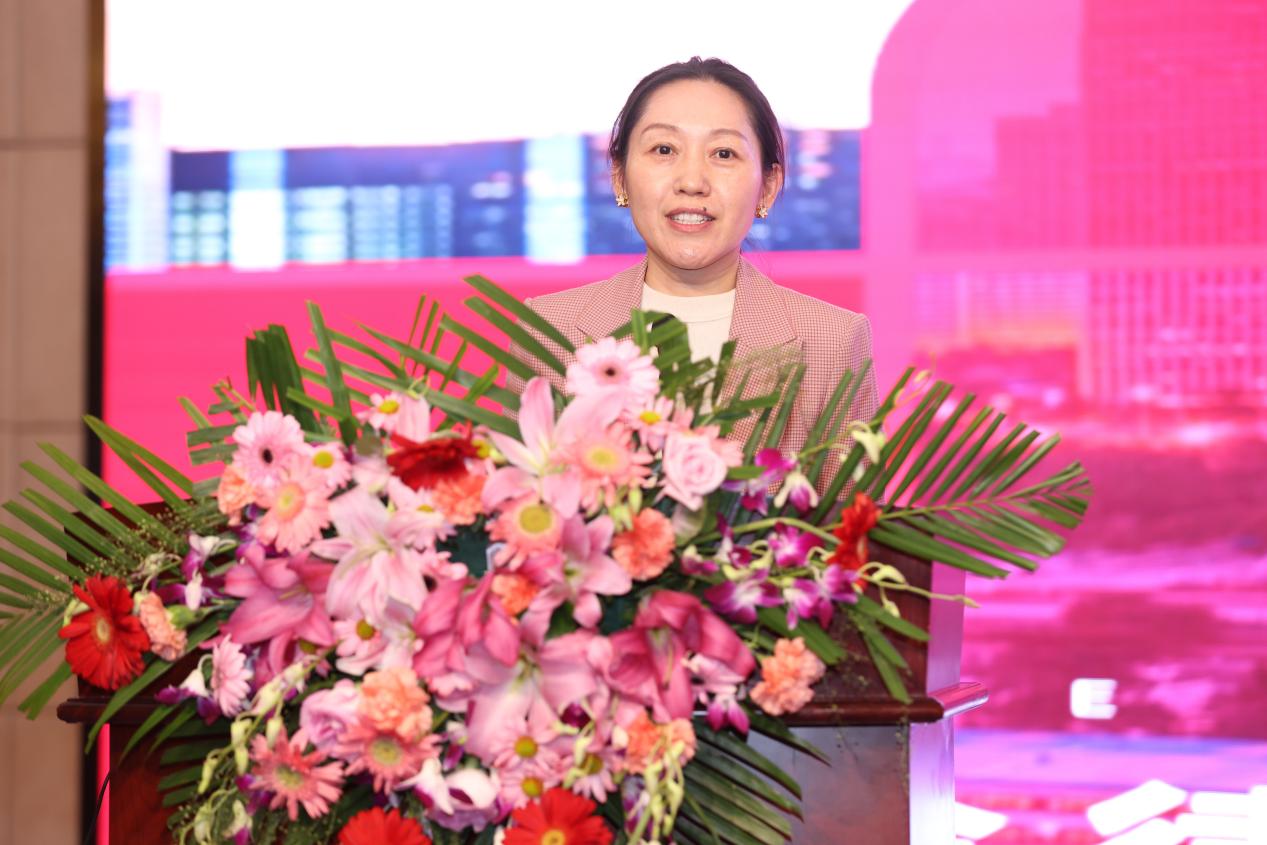
Speech by Ms. Zhao Tingting
Ms. Zhao Tingting's speech was titled “The Latest Practice of Convergence of Execution and Punishment in Tax Cases”, in which she summarized the main amendments of The Supreme People's Court of P.R.C. (SPC) and The Supreme People's Procuratorate (SPP) in relation to the crime of false opening of VAT invoices, and the crime of tax evasion. Ms. Zhao used cases to analyze the disputes about the crime of false VAT invoices in practice, such as whether it constitutes false invoicing, whether there is fraudulent loss of tax, whether it constitutes other crimes, whether the tax authorities should transfer it, and how to calculate the limitation period of the tax audit under the reverse articulation, etc. In terms of tax evasion, Ms. Zhao used the example of yin and yang contract of the transfer of equity to analyze the risk of the criminal liability of the withholding agent and payer. In terms of tax evasion, Mr. Zhao used the example of yin and yang contract of equity transfer to analyze the risk of criminal liability faced by the withholding agent, such as whether it can be adapted to the rules of administrative and then criminal prosecution.
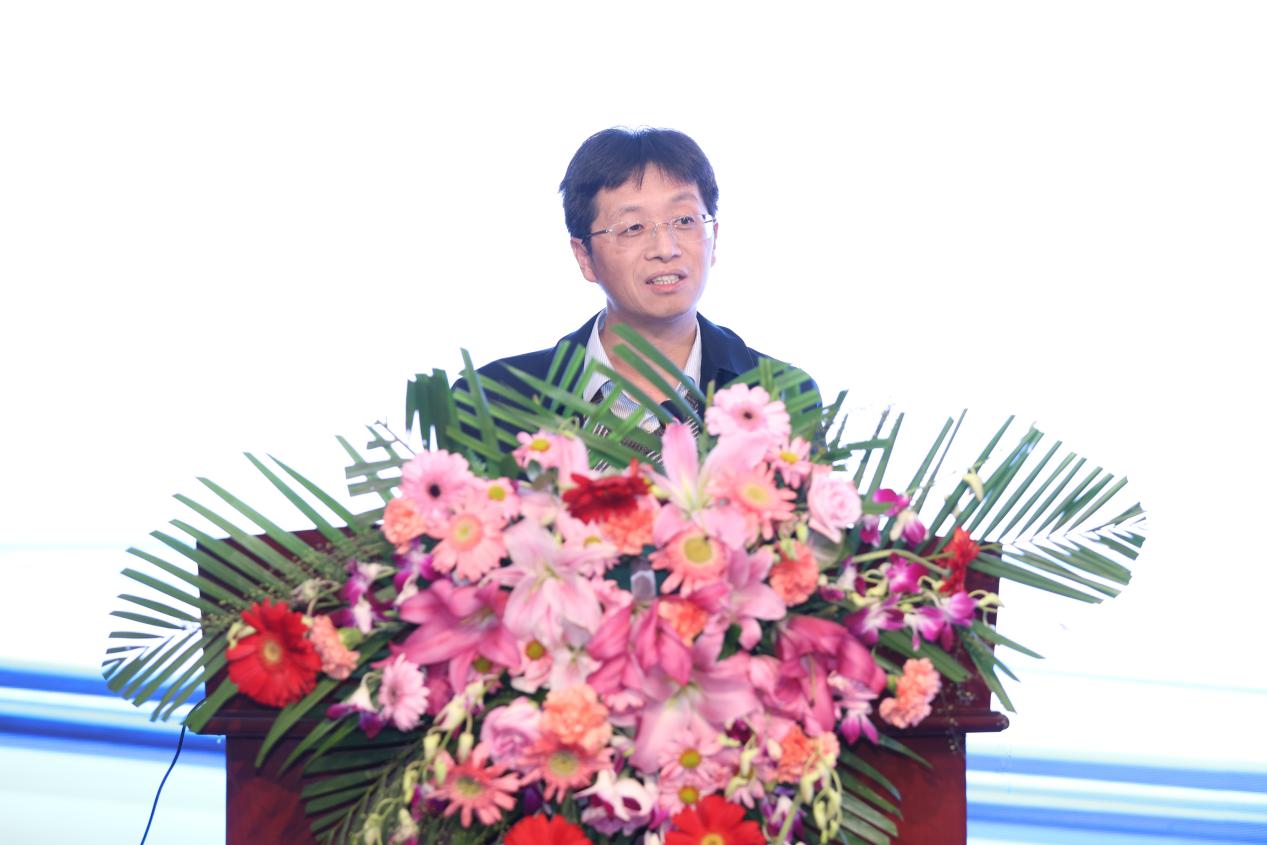
Commentary by Director Chen Shuangzhuan
After the keynote speeches, Mr. Chen Shuangzhuan, Director of Editorial Department of Taxation Research, made an excellent comment.
The fourth theme was “New International Tax Rules and Tax Management of Investment and Financing”, which was hosted by Zheng Weinan, Deputy Director of Finance and Taxation Law Committee of the National Lawyers' Association. He Yang, Vice Dean of Finance and Taxation School of Central University of Finance and Economics, Xu Yuling, member of Finance and Taxation Law Committee of the National Lawyers' Association, and Shen Yinghua, tax partner of Ernst & Young, delivered keynote speeches, and Sun Hongmei, Director of International Department of Institute of Taxation Science of State Administration of Taxation served as commentator. Mr. Sun Hongmei, Director of the International Department of the Institute of Taxation Science, served as the reviewer.
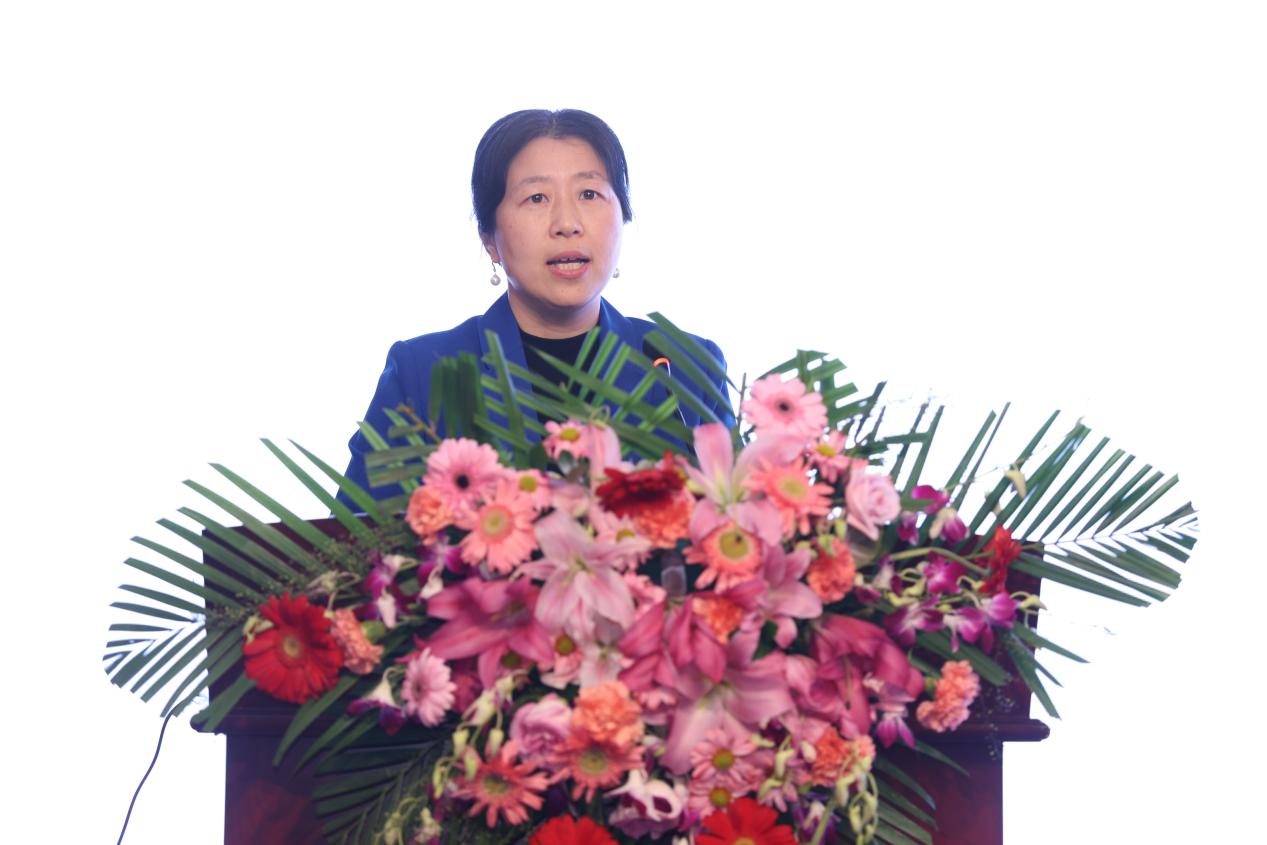
Speech by Prof. He Yang
The topic of Prof. He Yang's speech is “Dynamic Tracking of Pillar 2 and its Impact on Enterprises Going Global”, she firstly introduced the basic concepts of Pillar 1 and Pillar 2, and shared the latest progress of the two pillars, synchronized the participants with the advocates of Pillar 2 and its legislative process in Europe and the United States, developed Asian economies and developing countries. Further, based on the latest international tax administration practice, Prof. He visually analyzed the challenges faced by Chinese enterprises “going out” in the form of data presentation, hinted the tax risks of VIE structure, and put forward suggestions on compliance and disclosure of information, holding structure, filing process, etc., with a focus on analyzing the tax risks faced by various jurisdictions such as the United Kingdom, Ireland, Germany, Belgium, etc. He also provided suggestions on compliance and disclosure, and reporting process, and analyzed the compliance requirements of Pillar II local laws in various jurisdictions such as the UK, Ireland, Germany and Belgium. Prof. He's sharing conveyed the latest international tax administration trends to the participants and provided useful insights for them to carry out international tax services.
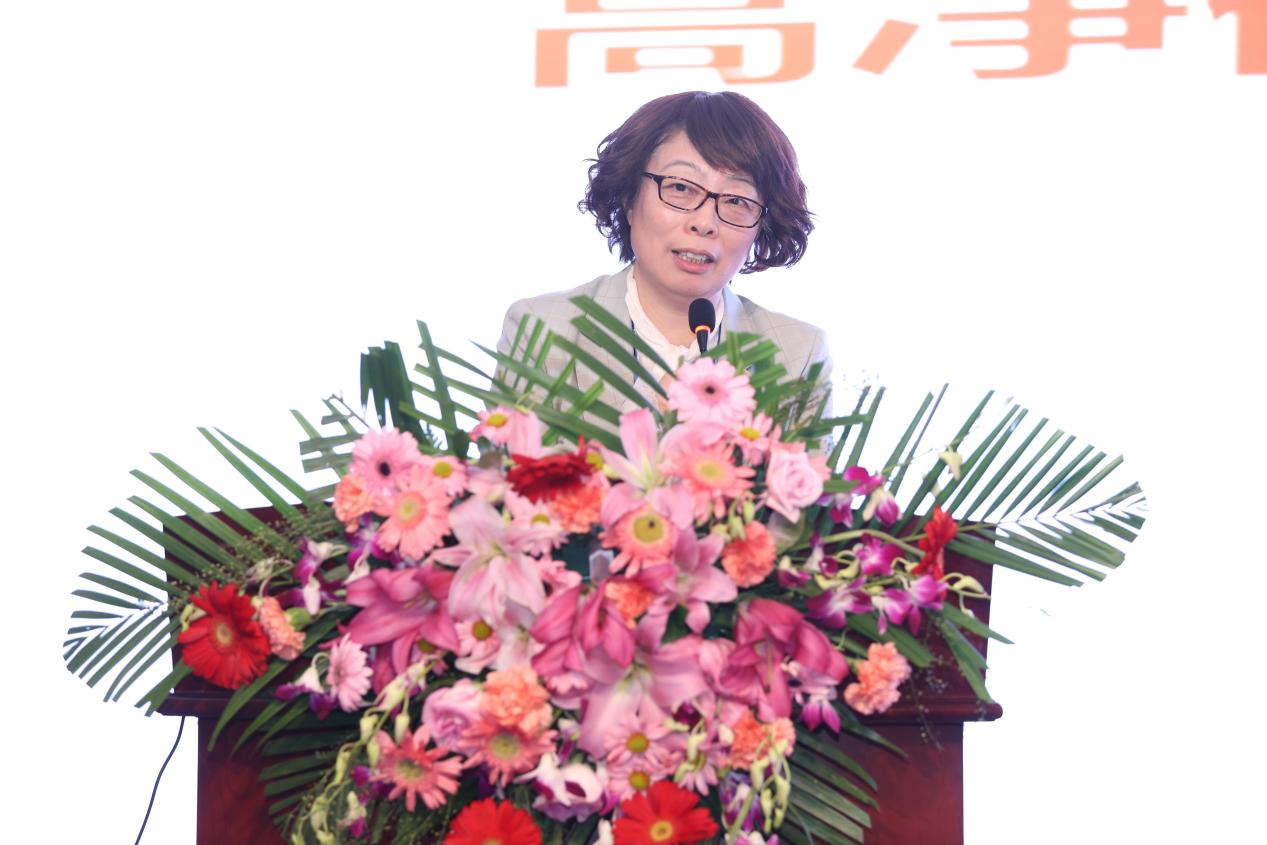
Speech by Ms. Xu Yuling
Ms. Xu Yuling's speech was titled “Tax Risk Prevention and Wealth Management for High Net Worth Individuals”. She firstly introduced the current macro environment of taxation, including multi-departmental joint efforts to combat tax-related crimes, accelerated construction of a unified national market, and strengthened international tax cooperation, etc., and analyzed the causes of the tax risks of HNWIs in light of the collection and management environment. Subsequently, Ms. Xu shared the main considerations for HNWIs' wealth management from five aspects: shareholding structure, shareholders' identity, business address, capital contribution method and investment path.

Speech by Ms. Shen Yinghua
Ms. Shen's presentation was titled “Sharing of Practical Issues of VAT Services for Cross-border Transactions”, focusing on the recently implemented “Announcement of the Ministry of Finance and State Administration of Taxation on Adjustment of Export Tax Refund Policies” (Announcement of the Ministry of Finance and the State Administration of Taxation No. 15 of 2024), and analyzing the impacts of the adjustment of the export tax refund policies on cross-border transactions. Further, Ms. Shen provided seven practical suggestions, such as reviewing commodity classification, calculating financial impacts, supply chain planning, and so on. Finally, Ms. Shen shared the tax-related issues of export tax rebate business under different scenarios with two case studies.

Commentary by Director Sun Hongmei
After the keynote speeches, Mr. Sun Hongmei, Director of the International Department of the Institute of Taxation Science of the State Administration of Taxation, made a wonderful comment.
Theme 5 was “Innovation and Upgrading of Taxation Legal Services in China”, which was hosted by Ma Xiaoyan, Deputy Director of Finance and Taxation Law Committee of the National Lawyers Association, with Cai Ming, Deputy Director of Finance and Taxation Law Committee of the National Lawyers Association, Wu Jinmei, Deputy Director of the Finance and Taxation Law Committee of the Beijing Lawyers Association, and Xu Qiping, member of the Finance and Taxation Law Committee of the National Lawyers Association as speakers. Zhang Qiaozhen, a member of the Finance and Taxation Law Committee of the National Lawyers' Association, served as a commentator.

Speech by Deputy Director Cai Ming
Deputy Director Cai Ming shared his three reflections on tax legal services: First, the current situation of tax legal services in China is mainly characterized by the small scale of tax legal professional service personnel, the single and small scope of service content, and the traditional service methods and modes. Secondly, regarding the content of tax legal service, he proposed to expand the width and breadth of tax legal service content, promote the tax legal service to be compatible with the “Golden Tax IV” tax management model, combine tax legal service with digital economy, and integrate tax legal service with other civil and commercial legal services. Thirdly, regarding the mode of tax legal services, it is necessary to pay attention to tax-related issues in traditional legal services on the one hand, and to promote the project-based operation of tax legal services on the other hand.

Speech by Deputy Director Wu Jinmei
Deputy Director Wu Jinmei pointed out in her speech that tax-related legal services are characterized by strong professionalism, wide coverage, close relationship with policies and regulations, and focus on practical operation, etc. Under the current background of digitalized tax administration and increased demand for cross-border legal services, it is necessary to innovate tax-related legal services. She shared the perspective of innovation from two aspects: firstly, conceptual innovation, expanding from traditional tax consulting and tax planning to tax risk management and tax dispute resolution, and improving service quality and efficiency by focusing on transactional activities; and secondly, upgrading of service areas, focusing on tax-related issues in investment and financing and overseas investment.
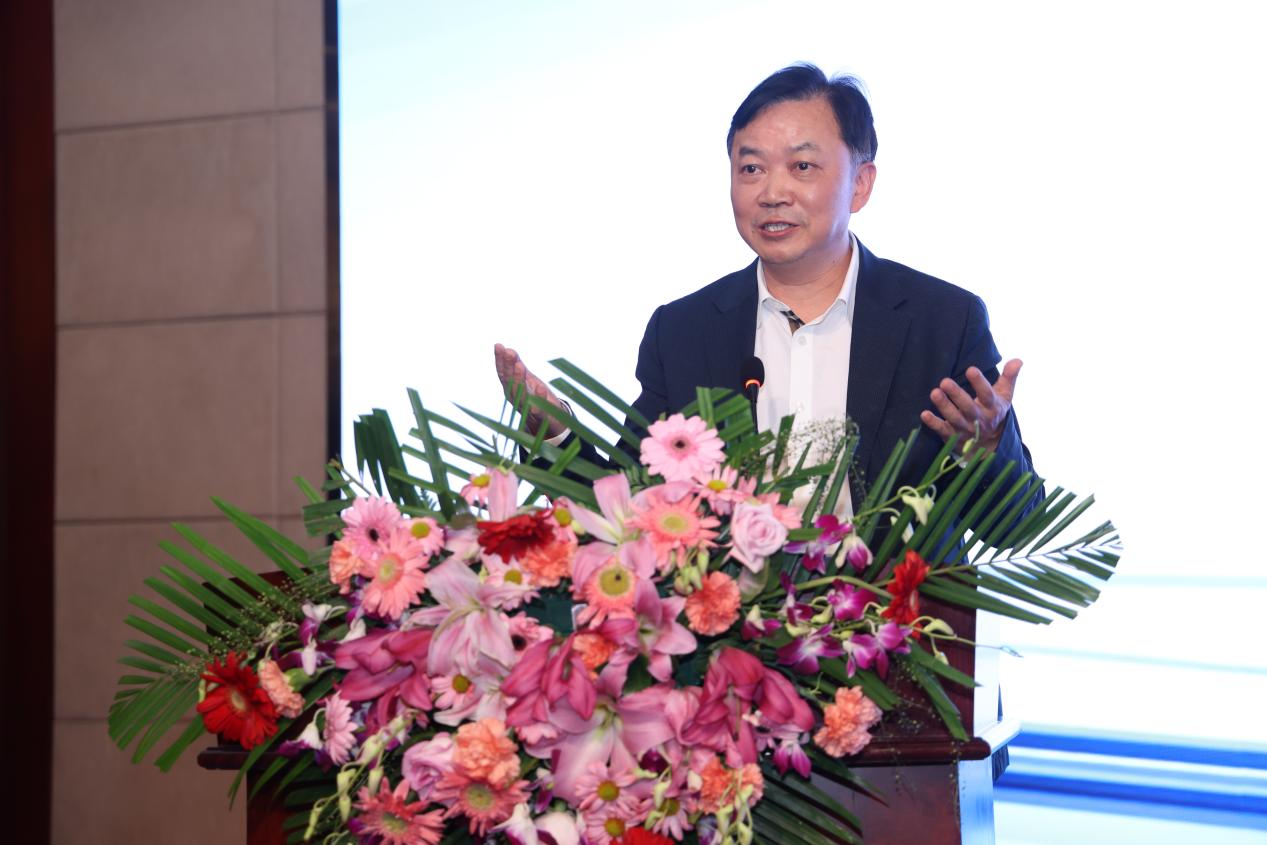
Speech by Mr. Xu Qiping
Mr. Xu took tax compliance service as the starting point, elaborated his thoughts on the innovation of tax-related legal services, and shared his practical experience of “integrated legal, financial and tax advisory services”. Mr. Xu put forward his experience in developing tax compliance business from three aspects: firstly, to add tax compliance content to existing legal services; secondly, to seek cooperation with other fellow lawyers; and thirdly, to carry out various forms of supporting publicity.
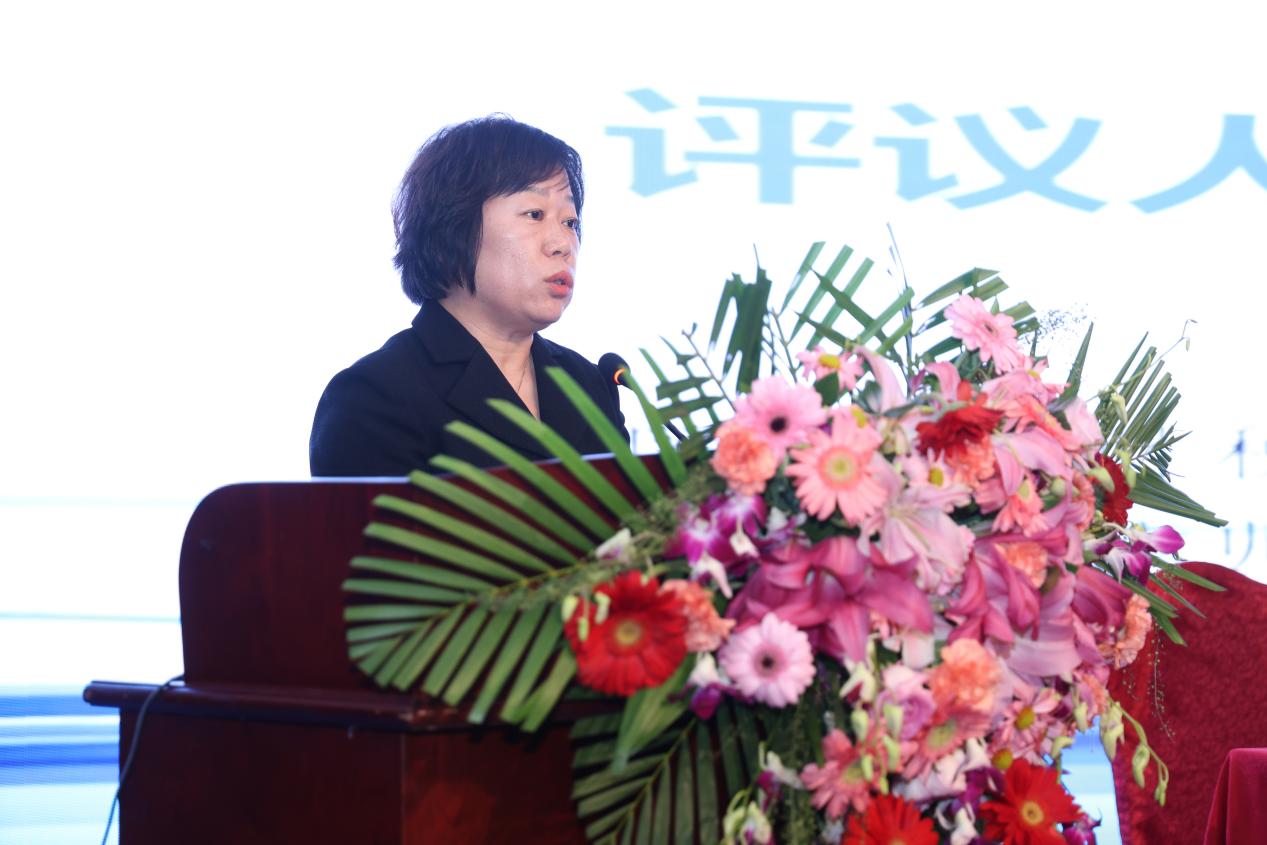
Zhang Qiaozhen commented
After the keynote speech, Zhang Qiaozhen, a member of the National Lawyer Association's Finance and Taxation Law Committee, made a wonderful comment.
The closing ceremony was held at 18:00. Chaired by Chen Bin, deputy director of the National Lawyer Association's Finance and Taxation Law Committee, Liu Tianyong, director of the National Lawyer Association's Finance and Taxation Law Committee, and Pi Jianlong, supervisor of the All-China Lawyers' Association, delivered speeches and summarized the speeches successively.
On behalf of the organizers, Director Liu Tianyong expressed his thanks to all the speakers, participants and attendants, and congratulated the success of this session. Director Liu pointed out that this one-day exchange session was short, but all the guests were based on new dynamics and new business, shared theoretical knowledge and the latest practical experience around the theme of the forum, and put forward a lot of forward-looking and strategic viewpoints, which pointed out the new direction of the innovation and upgrading of the tax-related legal services for us. The innovation and upgrading of tax-related legal services is a long way to go, and we are looking forward to seeing you again next year at the business exchange meeting.
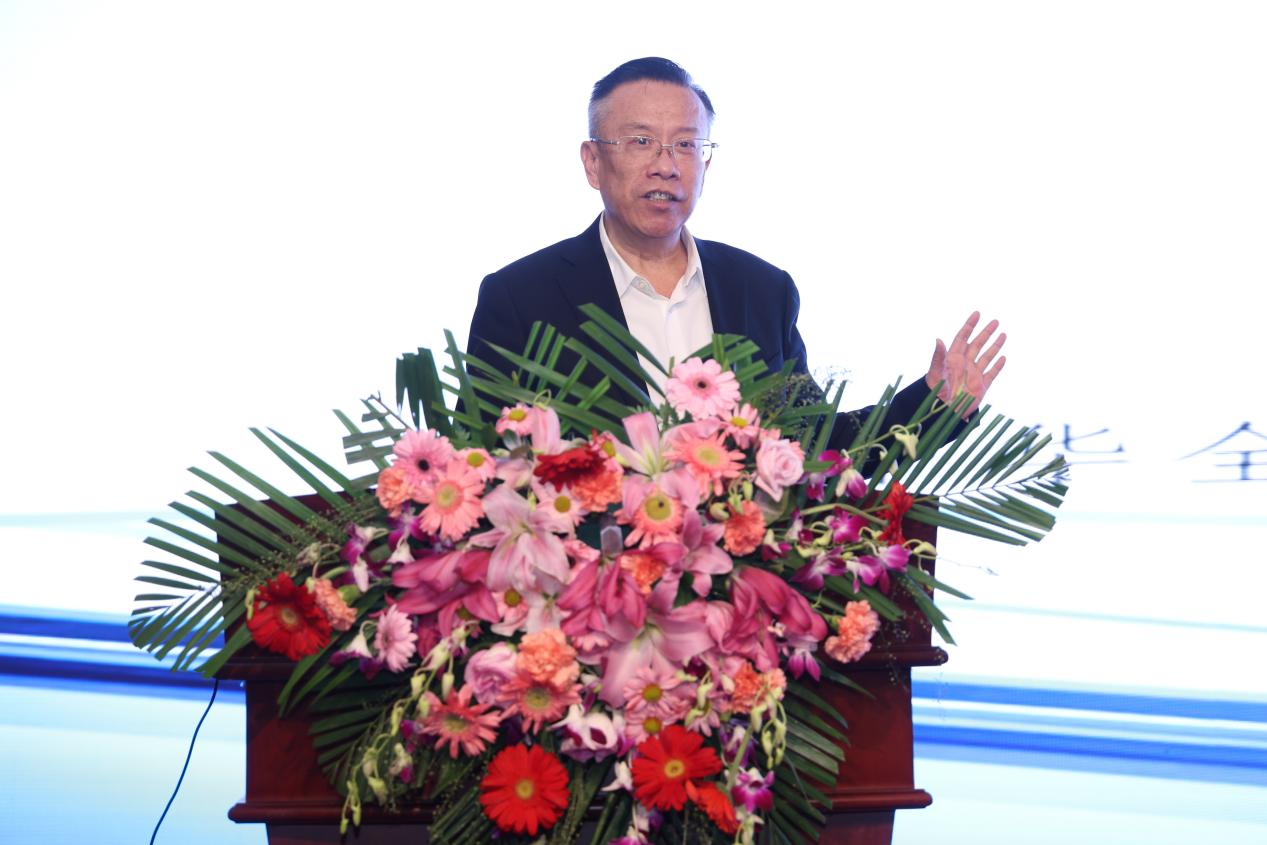
Speech of Supervisor Pi Jianlong
On behalf of the Supervisory Board of the National Lawyers Association, Supervisor Pi Jianlong pointed out in his concluding speech that the 2024 Tax Legal Service Business Exchange Conference is a great event in the field of finance and taxation and a knowledge storm, and that the agenda arrangement and theme setting of this conference are interlinked with each other with wonderful contents, and that the large number of participants reflects the urgent demand for the exchange of tax law business. He thanked the organizers for their hard work and expressed his most sincere gratitude to all the guests and participants.
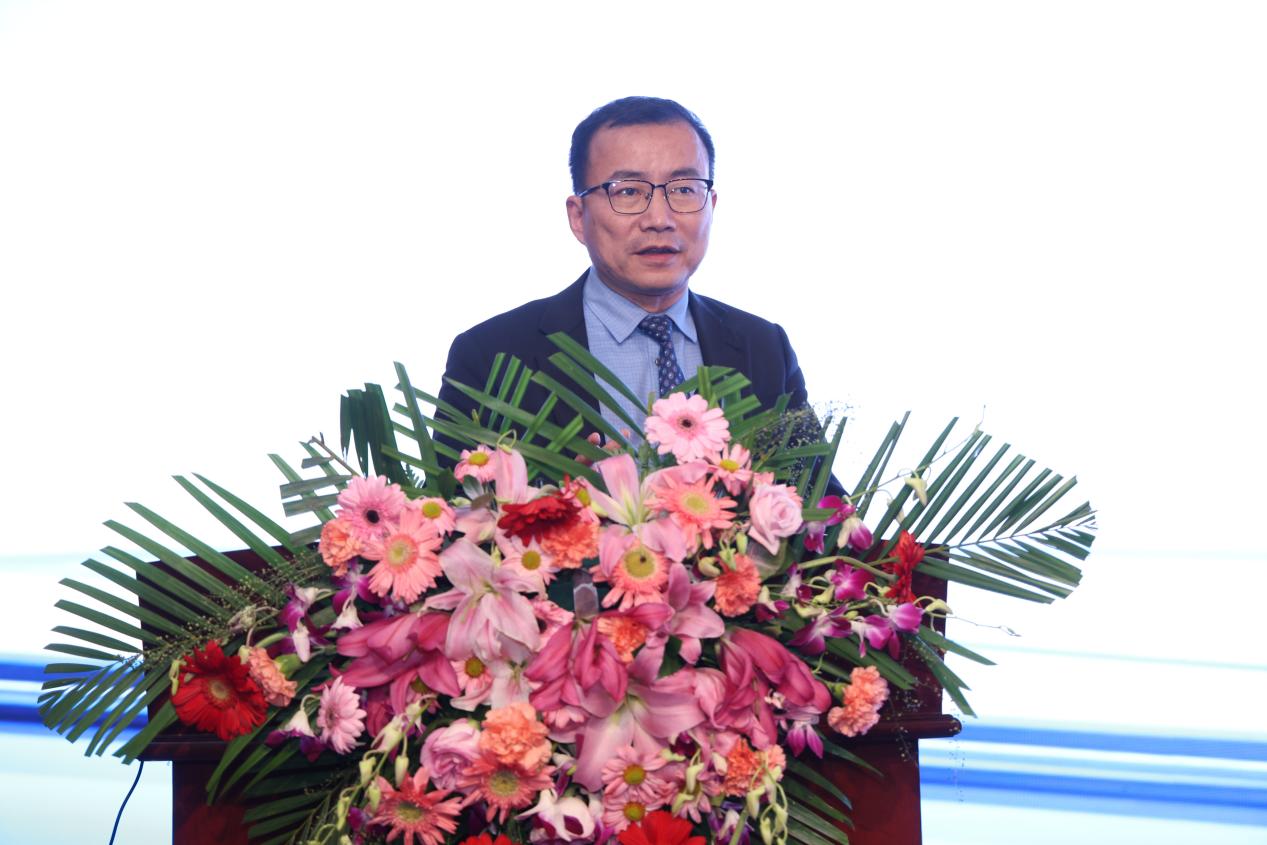
Mr. Chen Bin, Deputy Director, presided over the meeting.
Under the theme of “Chinese-style modernization and upgrading of tax-related services”, scholars of tax law, tax lawyers, tax accountants, certified public accountants, tax cadres, experts of judicial organs, enterprise financial personnel, teachers and students of universities and colleges have conducted extensive and in-depth discussions on the topics of “deepening the reform of the fiscal and taxation system and the full implementation of the principle of tax law”, “tax governance by numbers and the upgrading of tax-related services”, and so on. ”, “Taxation by numbers and upgrading of tax-related services” and other contents were widely and deeply discussed, which demonstrated the organic combination of frontier, theory, practice, professionalism and openness. The success of this session is of great significance in leading tax lawyers, tax accountants and other tax-related service organizations and industry development, business innovation and strategic cooperation. In the future, the “Tax Legal Service Exchange Conference” will continue to explore the construction of tax rule of law in the new journey of Chinese modernization, and help the reform of the fiscal and taxation system and the high-quality development of the country.
Long press to recognize the QR code below, free to watch the “2024 Tax Legal Services Business Exchange” exciting content!






